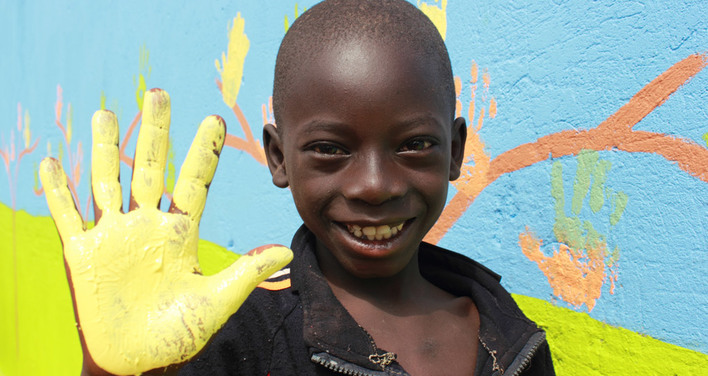 Children on the Edge has a rights based approach in all the work it does, it is guided by a UN treaty called The Convention for the Rights of the Child. This convention is a promise, made in 1989, by governments across the world, to do everything in their power to protect and promote children’s rights to survive and thrive, to learn and grow, to make their voices heard and to reach their full potential How is this different from any other form of aid or charitable work? Being guided by the CRC means that instead of regarding children as passive objects of care and charity, they are seen as human beings with a distinct set of rights. As an organisation we resource and support children to be agents of change in their own futures. All the rights described in the Convention are things that many charities and civil groups uphold as part of their daily activities, the difference is that organisations with a rights-based approach don’t uphold rights incidentally, but contribute directly and intentionally. What does this actually mean for the work of Children on the Edge, in a practical sense? Rights in the Convention are set out in 54 articles which describe what a child needs to survive, grow, thrive and reach their potential. They are all as important as each other, but four articles (2,3, 6 & 12) are given the special status of ‘guiding principles’, which are needed for any of the rights in the Convention to be realised. These principles are listed below, with a few examples of how we are guided by them them in our work:
 Can I change anything by adding my own voice? Duty bearers are those people who have obligations to meet with regard to a rights holder and their ability to realise their rights, this will often be governments, local authorities, or even parents. We work with all these duty bearers in different ways, and encouraging local ownership of projects enhances the accountability of duty bearers in itself. In addition to this we do encourage our supporters to add their voices to petitions and letters to government officials who can influence the law and the treatment of people and ensure their rights are met. Some of the latest situations you can help with are as follows: - Preventing backwards steps in Bangladesh regarding child marriage. - Heard things are fine in Burma? They’re not see how you can change it. - Contact your MP about Kachin State, Burma and what needs to happen there. Support usComments are closed.
|
RECEIVE OUR EMAILSBlog Categories
All
Archives
July 2024
|
|
JOIN US ON SOCIAL MEDIA
|
Annual Report | Contact Us | Jobs | Media Centre | Resources | Shop
Accessibility & Policies: Accessibility | Equity, Diversity & Inclusion Policy | Complaints| Privacy Policy | Safeguarding
Accessibility & Policies: Accessibility | Equity, Diversity & Inclusion Policy | Complaints| Privacy Policy | Safeguarding
Children on the Edge, 5 The Victoria, 25 St Pancras, Chichester, West Sussex, PO19 7LT, UK | 01243 538530 | [email protected]


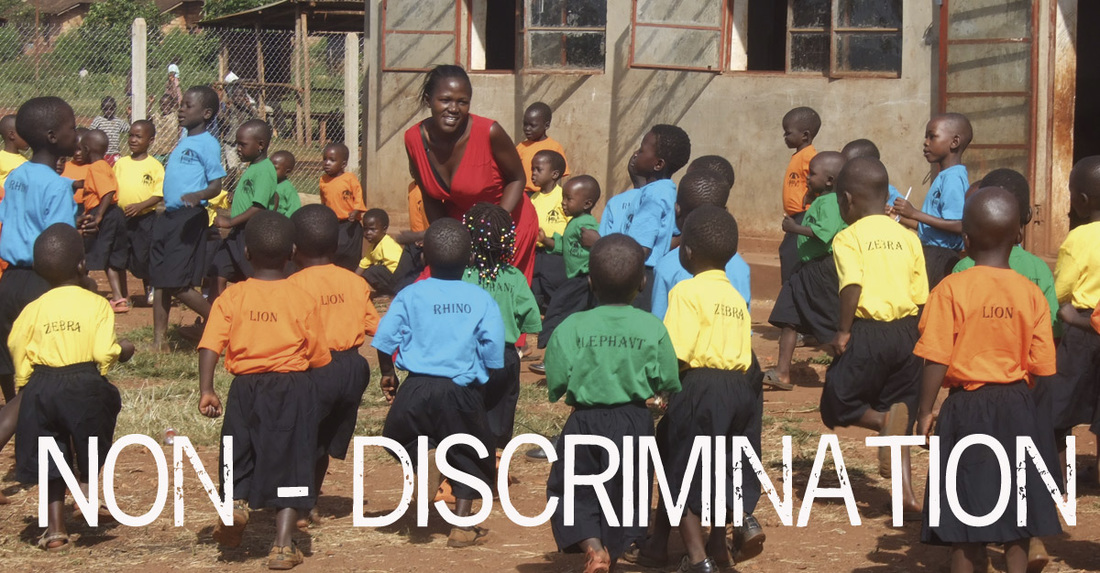
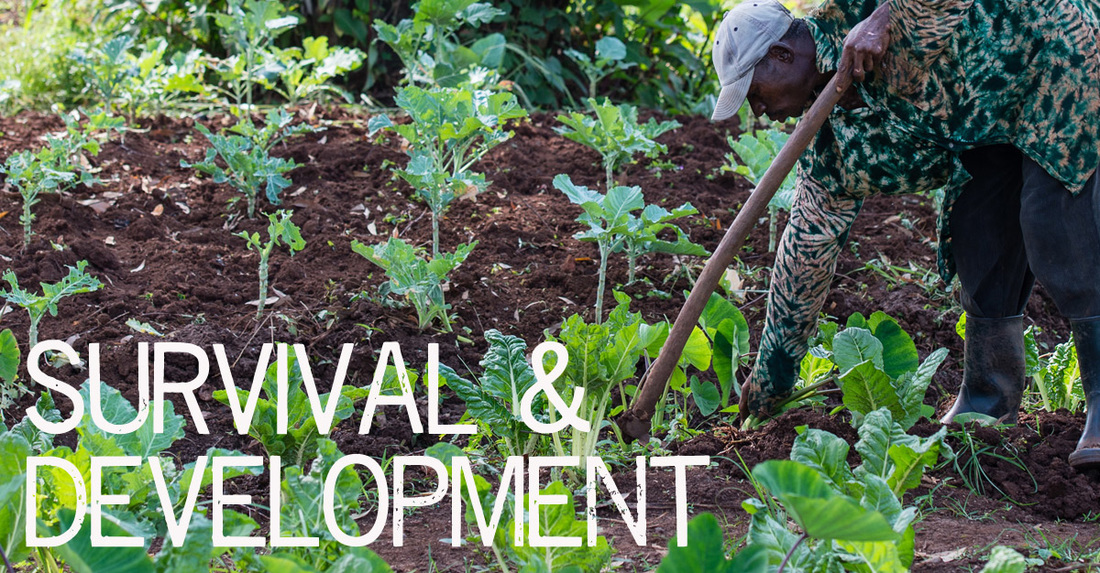
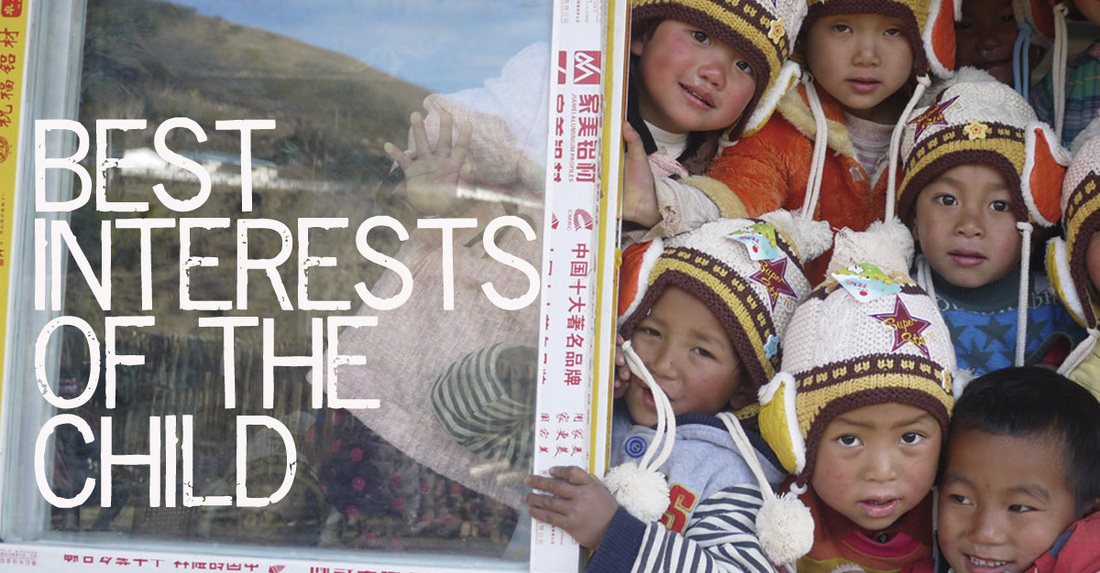
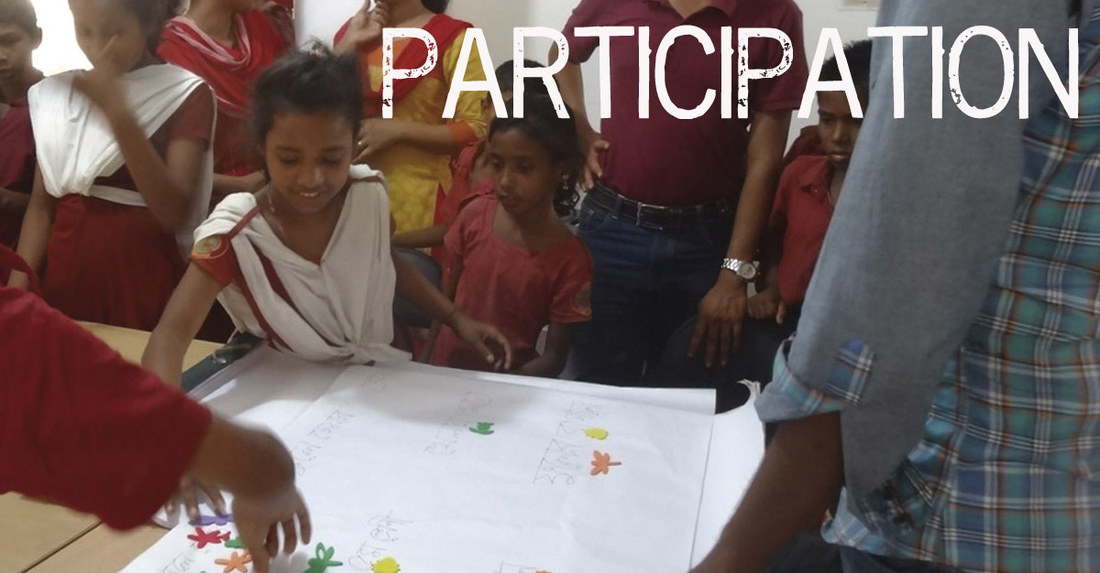
 Give monthly
Give monthly Fundraise for us
Fundraise for us RSS Feed
RSS Feed
